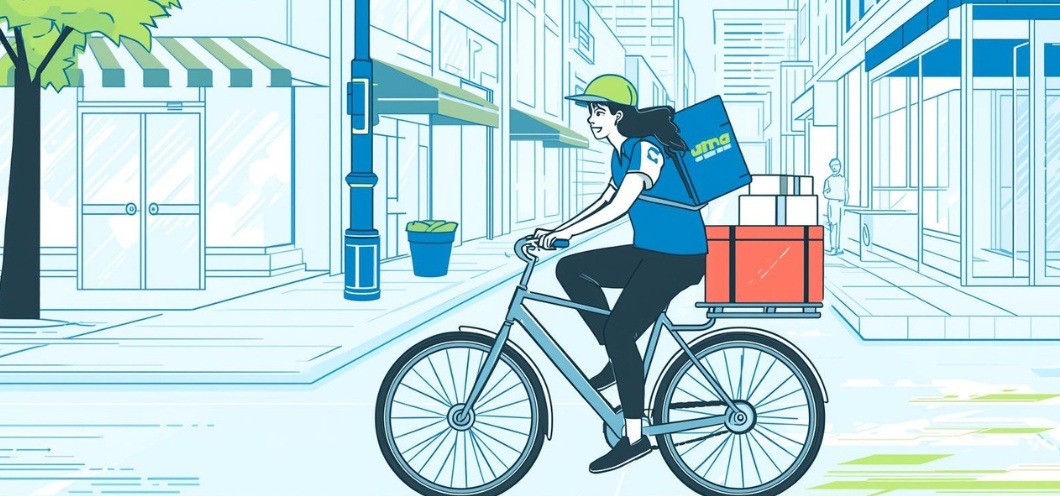- Dheeraj Kapoor
- 1383
In recent years, department stores have increasingly invested in online offerings, digital marketing campaigns, and product collaborations to target younger shoppers.
The power of Gen Z
Before the onset of the COVID-19 pandemic, an independent study estimated that Gen Z’s direct and indirect spending power reached up to $143 billion, a level of financial influence that made brands and retailers alike stand up and take note.
Despite the pandemic hampering the retail sector worldwide, Gen Z shoppers’ digitally native lifestyle meant their spending was not limited when stores were closed due to government lockdowns.
Gen Z redefines the retail experience
Now that COVID-19 restrictions have eased across several countries, younger shoppers are expecting the same digital and interactive elements they have access to online within physical retail spaces when venturing out.
A new report from Depop showed that Gen Z’s shopping behaviors are “strongly influenced” by brands’ commitments to social and environmental sustainability.
When it comes to sustainability, 90 percent of Gen Z consumers surveyed said they have made changes to be more sustainable in their daily lives and more sustainable fashion practices play a pivotal role.
Gen Z is a group of social shoppers – they look forward to making shopping a shared experience for themselves and their peers, and department stores structurally have not been very conducive to indulging that desire.
Retail expectations have evolved
It is evident that physical retail has to appeal to all – expectations have adapted. While department stores look to target these younger shoppers, can they do so successfully without alienating older consumers?
Retailers must now focus on offering a little bit of something for all enhanced with great customer service.
The introduction of physical ‘pop ups’ within stores or tailored shopping destinations are designed to unite shoppers and bring them together in a universal experience that transcends ‘plain shopping.’
With the rapid rise of online shopping, these curated experiences are important to encourage new customers in-store, regardless of generation.
In-store shopping should resonate more effectively with online shoppers if it is to attract those of Gen Z.
Challenges faced by department stores
Department stores have undoubtedly struggled to keep up with digitalization trends owing to the sheer volume of different product ranges that they offer.
Several high street retailers have moved towards a successful omnichannel approach but many department stores have struggled to play catch-up in recent years and keep pace.
A case in point is GAP. The American clothing company failed to invest heavily enough in its digital offering, resulting in severe job losses and the closure of all its UK and Ireland stores.
Experiential retail is the future
Experiential retail has become a primary focus for retail across the board, particularly as consumers seek heightened social experiences that have been missing for 18 months.
Department stores need to adapt and appeal to Gen Z shoppers as every retailer does, and partnerships with brands that provide experiential experiences can be a vital lifeline for retailers looking to remain relevant amongst younger audiences.
Tags:
Retail StrategiesRetail TrendsAuthor - Dheeraj Kapoor
A content writer with over 5 years of experience, Dheeraj has written for a variety of domains including finance, education technology, technology, and Big Data among others.
Popular Post





